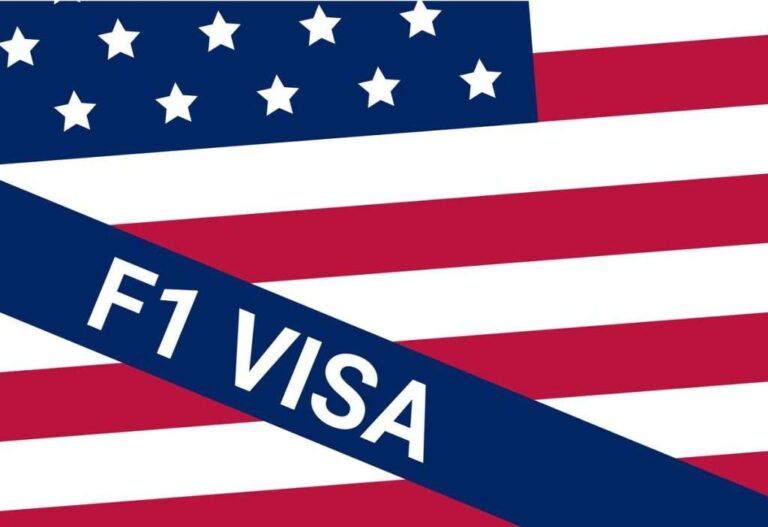Turkey continues its push for visa-free travel to Europe. The country has been an official candidate for European Union (EU) membership since 1999. However, accession talks have effectively stalled since 2016. Consequently, the Visa Liberalization Dialogue (VLD) now represents the primary area for cooperation. This process aims to remove short-stay visa requirements for Turkish citizens visiting the Schengen Area.
The EU and Turkey formally launched the VLD in December 2013. This happened simultaneously with the signature of the Turkey-EU Readmission Agreement. Therefore, progress on one file often depends on progress on the other. The initial roadmap presented 72 specific benchmarks. Turkey has successfully satisfied 65 of these complex requirements over the past decade.
The Six Remaining Benchmarks
Crucially, six benchmarks currently remain unfulfilled. These outstanding issues center on judicial reform and security cooperation. Turkey must notably reform its anti-terrorism legislation. The current laws are widely viewed as overly broad. Furthermore, a critical requirement involves finalizing an operational cooperation agreement with Europol. This agreement ensures security data exchange. The government must also fully align its personal data protection law with EU standards. Finally, Turkey needs to show a more effective fight against corruption.
Impact and Recent Policy Changes
Turkish citizens face significant obstacles and financial burdens when applying for visas. For example, they submitted over 1.1 million Schengen visa applications in 2024. In fact, this made Turkey the second-largest source of global applications, after China. High rejection rates, standing at around 14.5% in 2024, resulted in millions of euros lost in non-refundable fees.
The EU recently introduced a new cascade regime to address these common complaints. This policy, effective since July 2025, streamlines the process for established, bona fide Turkish travelers. Eligible applicants can now receive longer-term, multiple-entry visas. A second application can yield a one-year visa. Subsequent applications can lead to visas valid for three or even five years. Ultimately, this approach only simplifies visa applications for certain groups. It does not remove the visa requirement itself.
The Path Forward
EU officials stress that the cascade rule does not replace the VLD. They urge Ankara to fulfill the remaining six benchmarks immediately. Furthermore, the European Commission’s 2025 Turkey Report highlighted persistent issues. It noted concerns over the independence of the judiciary and selective investigations into corruption cases. To summarize, the VLD is currently stuck at the final hurdle. Both sides must re-engage seriously to achieve the goal of full visa liberalization







